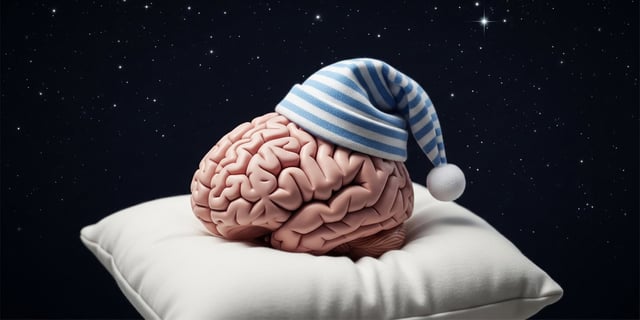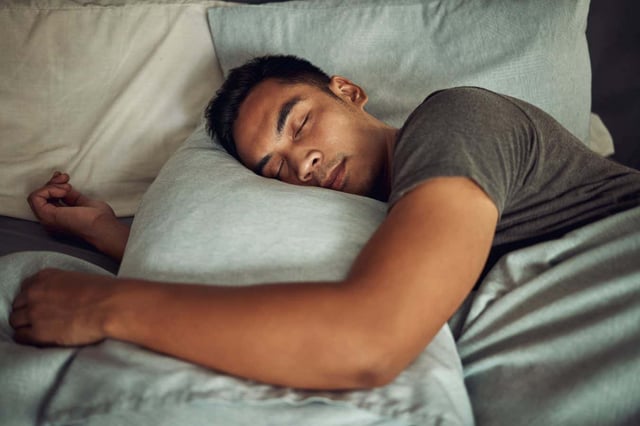Overview
- Researchers analyzed data from 770 healthy young adults in the Human Connectome Project using a multivariate approach that combined sleep surveys, biopsychosocial measures, and resting-state fMRI.
- They identified five sleep–biopsychosocial profiles, including a poor-sleep group linked to higher depression, anxiety, and stress and a sleep-resilient group with mental health symptoms despite generally adequate sleep.
- One profile centered on sleep-aid use was associated with greater conscientiousness yet poorer visual episodic memory, fluid intelligence, and spatial orientation.
- Short sleep characterized another profile tied to slower and less accurate performance on tasks involving emotion, language, and social processing, along with more aggressive behavior.
- Frequent night awakenings defined a fifth profile associated with aggression, anxiety, substance misuse, smoking, and high blood pressure, and each profile mapped to a distinct pattern of functional brain connectivity.


